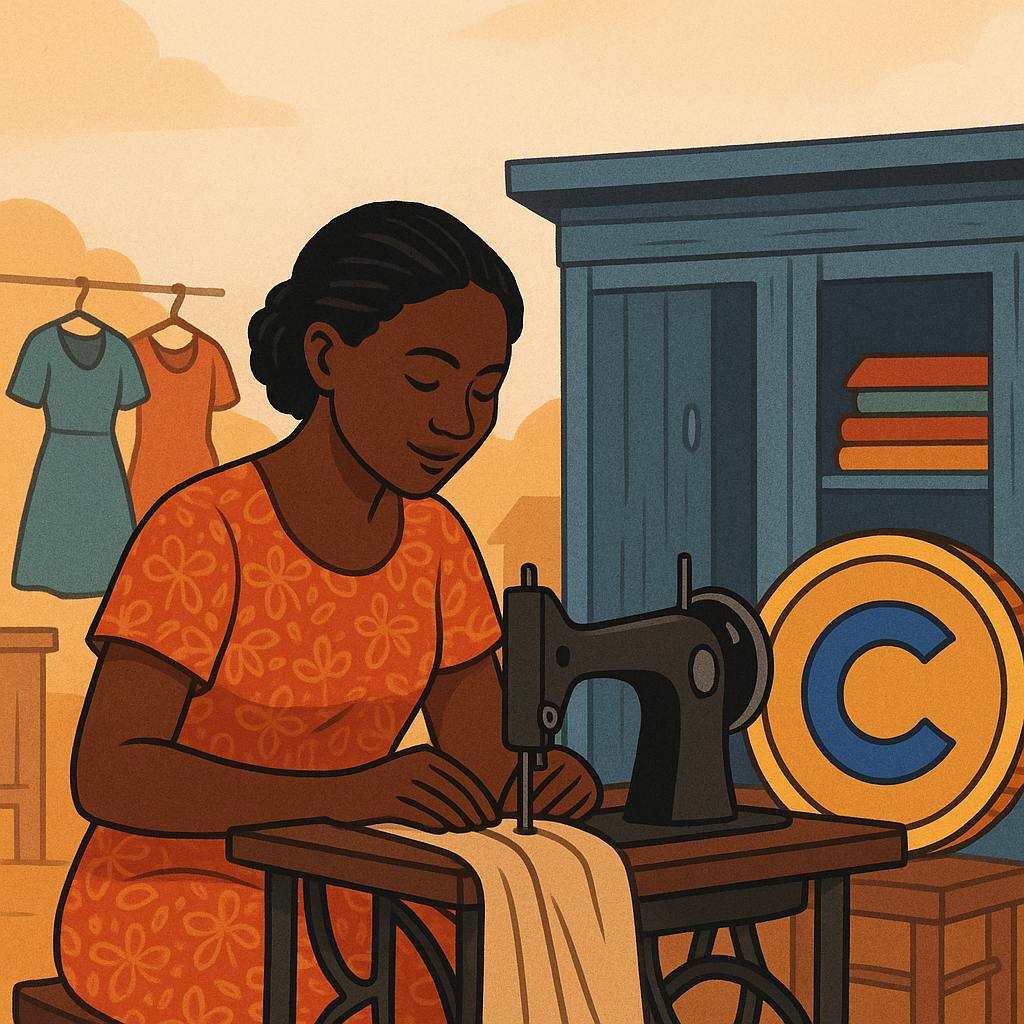
"Adesola runs a small tailoring shop behind a row of kiosks in Lagos, Nigeria. She buys fabrics in bulk, sews dresses, and delivers them by hand to customers."
"Creditcoin was built to change that to make good credit behavior visible, verifiable, and trusted across borders, without relying on banks or bureaucracy."
"On-chain lending is the blockchain-native version of borrowing and lending. Instead of a bank acting as the middleman, smart contracts handle the entire process."
"Despite its open nature, DeFi lending has critical limitations: No Credit Scores, Over Collateralization, Anonymity Without Accountability, and Zero Default Tracking."
Adesola, a tailor in Lagos, operates without a bank account, utilizing mobile lending apps for micro loans. Many individuals like her are excluded from traditional banking due to a lack of credit history. Creditcoin aims to provide visibility into good credit behavior across borders without relying on traditional banks. On-chain lending, facilitated by smart contracts, promises a transparent and accessible financial system. However, decentralized finance (DeFi) lending struggles with trust, due to no credit scores, over-collateralization, pseudonymous users, and no default tracking, highlighting high risks for lenders.
Read at Hackernoon
Unable to calculate read time
Collection
[
|
...
]